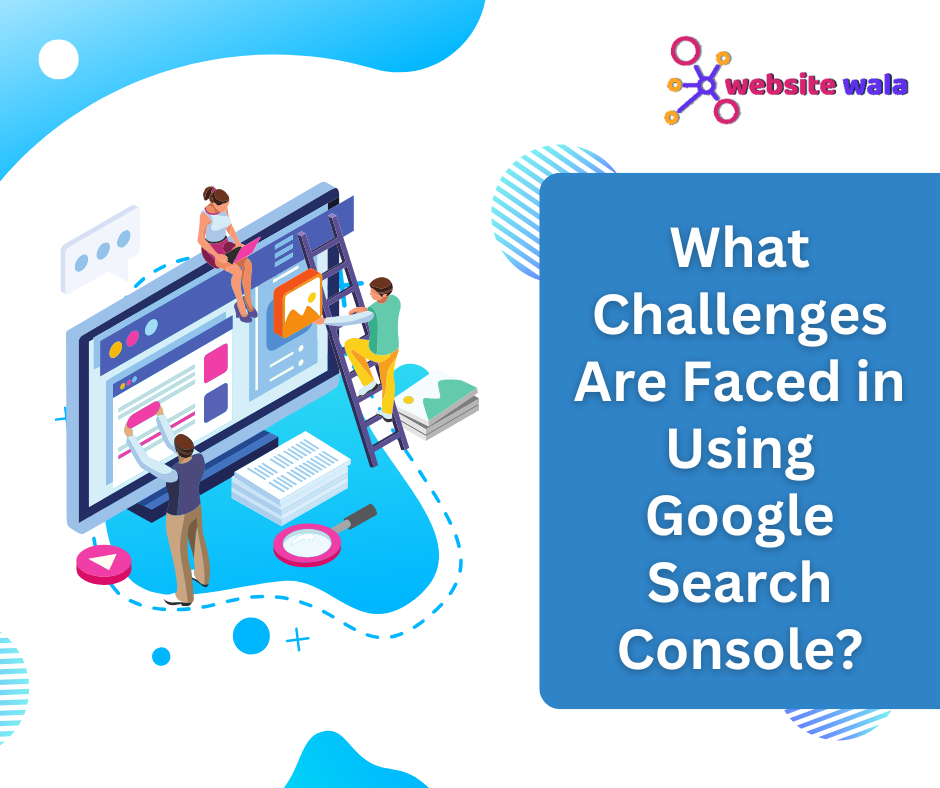
Learn how to effectively use market segmentation in digital marketing to target specific customer groups, create personalized campaigns, and improve ROI. Discover strategies and tools to identify and reach your target audience.
How to Use Market Segmentation in Digital Marketing
Market segmentation is a crucial concept in digital marketing that involves dividing a broad target market into smaller, more defined segments based on specific characteristics or behaviors. By using market segmentation in digital marketing, businesses can better understand their customers, create personalized campaigns, and improve return on investment (ROI). In this article, we will explore how to effectively use market segmentation in digital marketing to target specific customer groups, reach your target audience, and enhance your overall marketing strategy.
Understanding Market Segmentation
Market segmentation is the process of dividing a market into distinct groups of customers who have similar needs, preferences, or characteristics. By segmenting your target market, you can tailor your marketing efforts to better meet the needs of each specific group, leading to more effective campaigns and higher ROI.
There are several ways to segment a market, including demographic segmentation (age, gender, income), geographic segmentation (location, region), psychographic segmentation (lifestyle, values, interests), and behavioral segmentation (purchase history, brand loyalty). By combining these segmentation criteria, businesses can create detailed customer profiles that help them target the right audience with the right message at the right time.
Benefits of Market Segmentation in Digital Marketing
Using market segmentation in digital marketing offers several key benefits, including:
- Improved Targeting: By dividing your target market into smaller segments, you can tailor your marketing messages to specific groups of customers who are more likely to be interested in your products or services.
- Personalized Campaigns: Market segmentation allows you to create personalized campaigns that resonate with different customer segments, leading to higher engagement and conversion rates.
- Increased ROI: By focusing your efforts on high-potential customer segments, you can improve the ROI of your marketing campaigns and maximize your advertising budget.
- Enhanced Customer Insights: Market segmentation helps businesses gain a deeper understanding of their customers’ needs, behaviors, and preferences, enabling them to make more informed marketing decisions.
Strategies for Effective Market Segmentation
When implementing market segmentation in digital marketing, it is important to use the right strategies to ensure success. Here are some key strategies for effective market segmentation:
1. Conduct Customer Research
Before segmenting your target market, it is essential to conduct thorough customer research to understand their needs, preferences, and behaviors. This data can help you identify common characteristics or patterns among different customer groups and determine the most relevant segmentation criteria for your business.
2. Define Segmentation Criteria
Once you have gathered customer data, define the segmentation criteria that are most relevant to your business goals. Consider factors such as demographics, psychographics, behaviors, and preferences to create meaningful and actionable customer segments.
3. Create Customer Profiles
Use the segmentation criteria to create detailed customer profiles for each segment, including information such as age, gender, interests, purchasing habits, and communication preferences. These customer profiles will serve as the foundation for your targeted marketing campaigns.
4. Tailor Your Messaging
Develop tailored marketing messages and content that speak directly to the needs and interests of each customer segment. Personalizing your campaigns based on segmentation criteria can help you connect with customers on a deeper level and drive better results.
5. Utilize Data Analytics
Utilize data analytics tools to track and measure the performance of your marketing campaigns for each customer segment. Analyze key metrics such as conversion rates, click-through rates, and customer engagement to optimize your strategies and enhance ROI.
Tools for Market Segmentation in Digital Marketing
There are several tools and technologies available that can help businesses effectively implement market segmentation in their digital marketing efforts. Here are some commonly used tools for market segmentation:
1. Customer Relationship Management (CRM) Systems
CRM systems such as Salesforce, HubSpot, and Zoho allow businesses to collect and manage customer data, create detailed customer profiles, and segment their target audience based on various criteria. CRM systems help businesses track customer interactions, personalize communications, and improve customer relationships.
2. Data Analytics Platforms
Data analytics platforms like Google Analytics, Adobe Analytics, and Mixpanel provide businesses with valuable insights into customer behavior, preferences, and engagement metrics. These platforms help businesses track the performance of their marketing campaigns, identify trends, and optimize their strategies for better results.
3. Email Marketing Automation Software
Email marketing automation software such as Mailchimp, Constant Contact, and Marketo enable businesses to create personalized email campaigns for different customer segments. These tools help businesses segment their email lists, send targeted messages, and track campaign performance to improve email marketing effectiveness.
4. Social Media Advertising Platforms
Social media advertising platforms like Facebook Ads, Instagram Ads, and LinkedIn Ads offer advanced targeting capabilities that allow businesses to segment their target audience based on demographics, interests, and behaviors. These platforms help businesses reach specific customer groups with personalized ads and measure the effectiveness of their social media campaigns.
Market segmentation is a powerful strategy that businesses can use to improve their digital marketing efforts and drive better results. By segmenting your target market, creating personalized campaigns, and utilizing the right tools and technologies, you can effectively reach your target audience, increase engagement, and enhance your ROI. Whether you are a small business or a large corporation, implementing market segmentation in your digital marketing strategy can help you better understand your customers, tailor your messaging, and ultimately achieve your marketing goals.




















